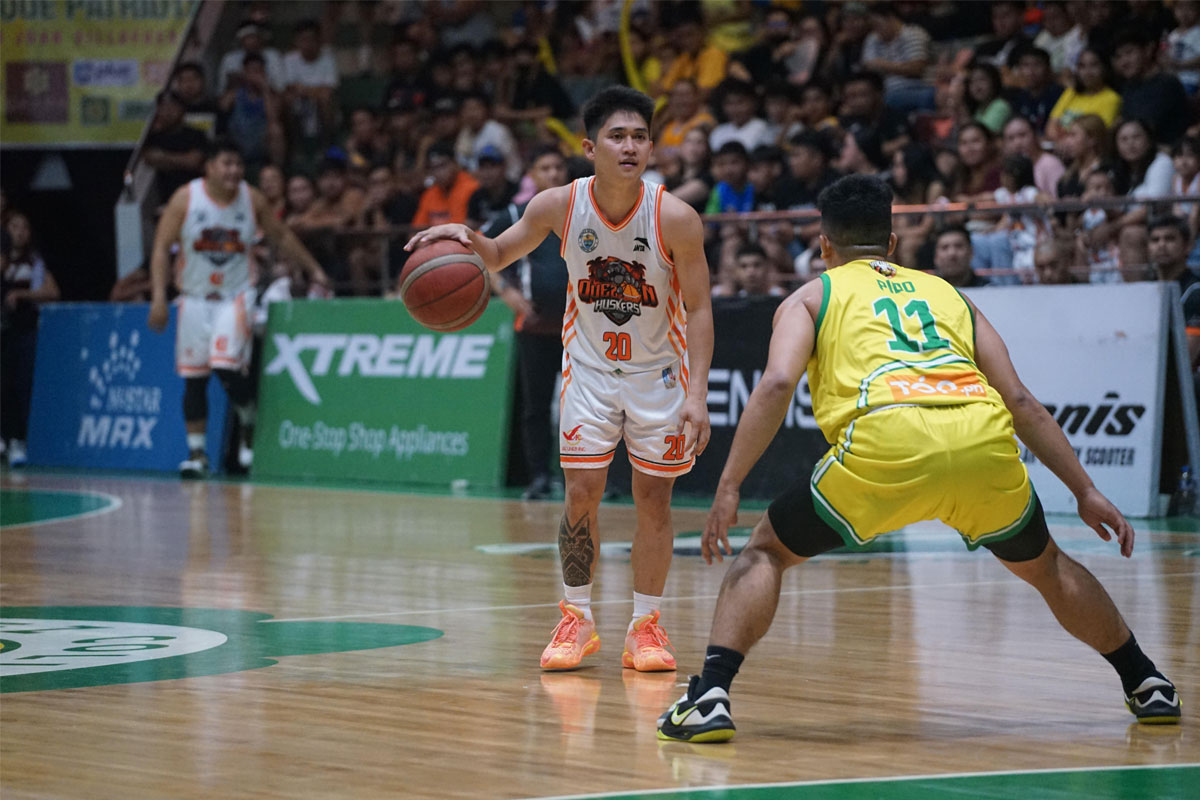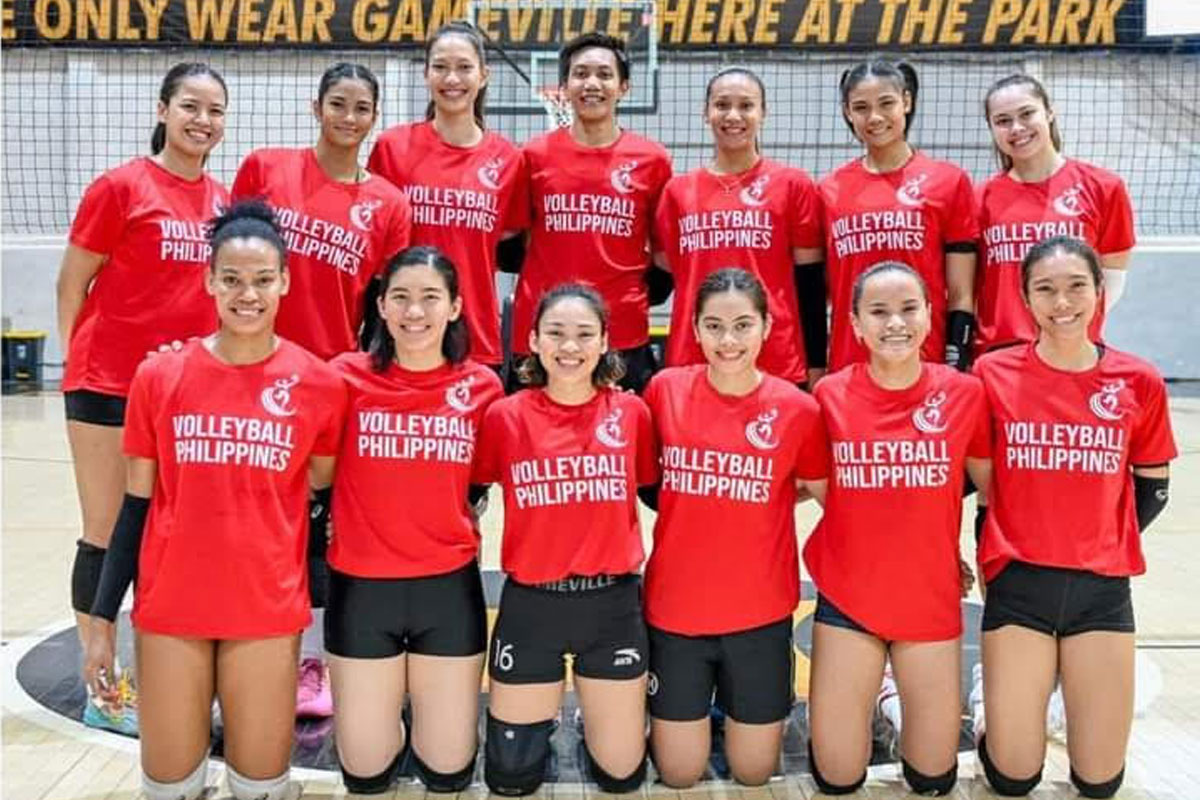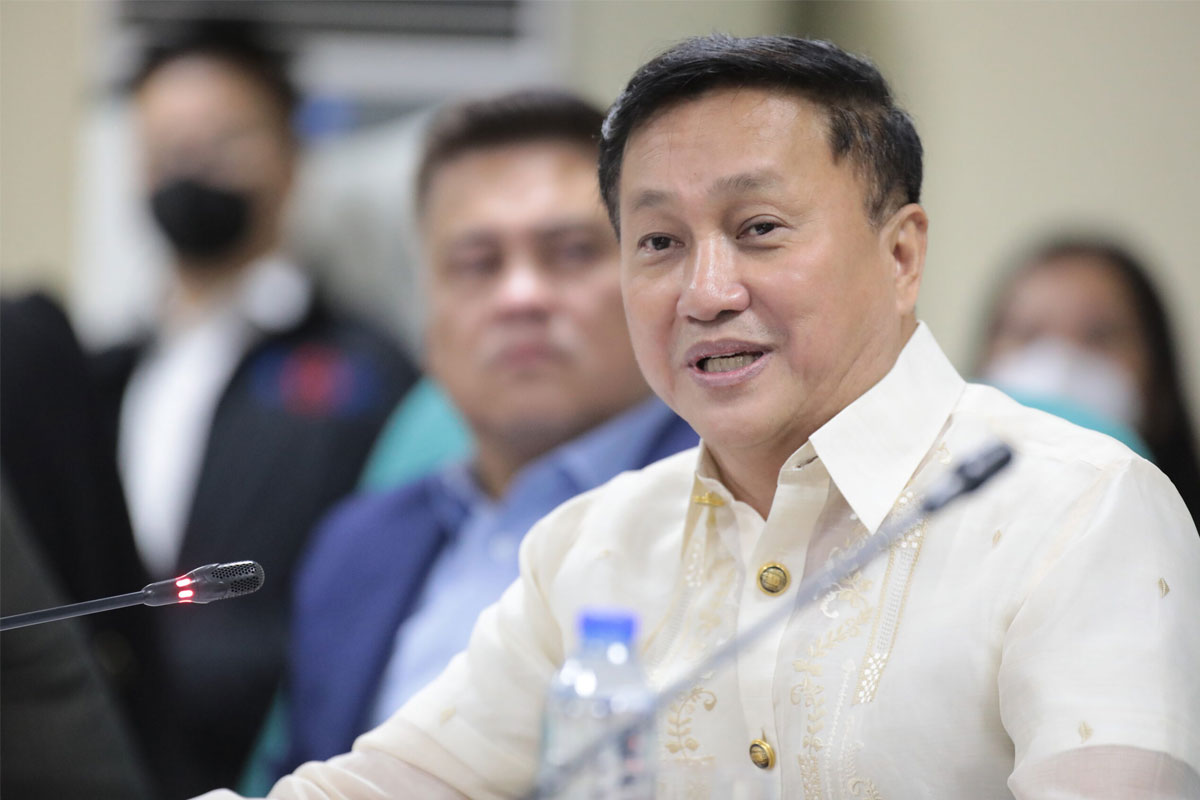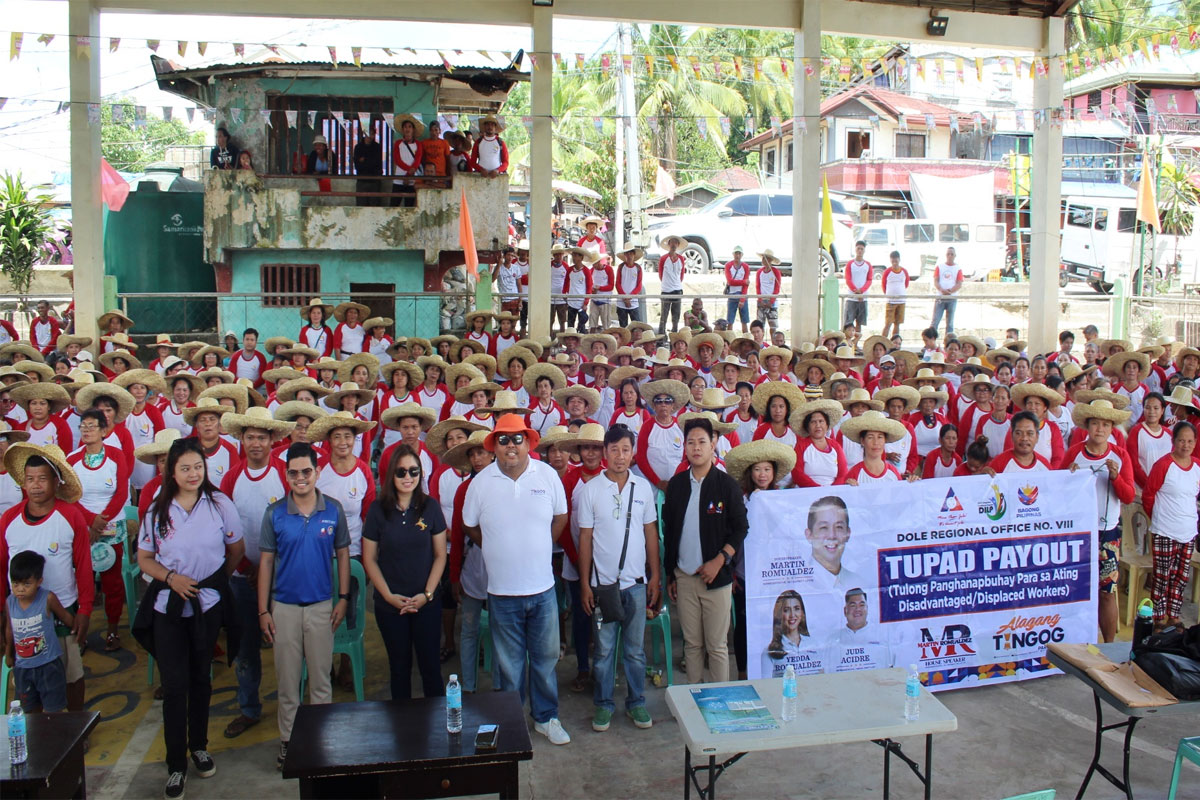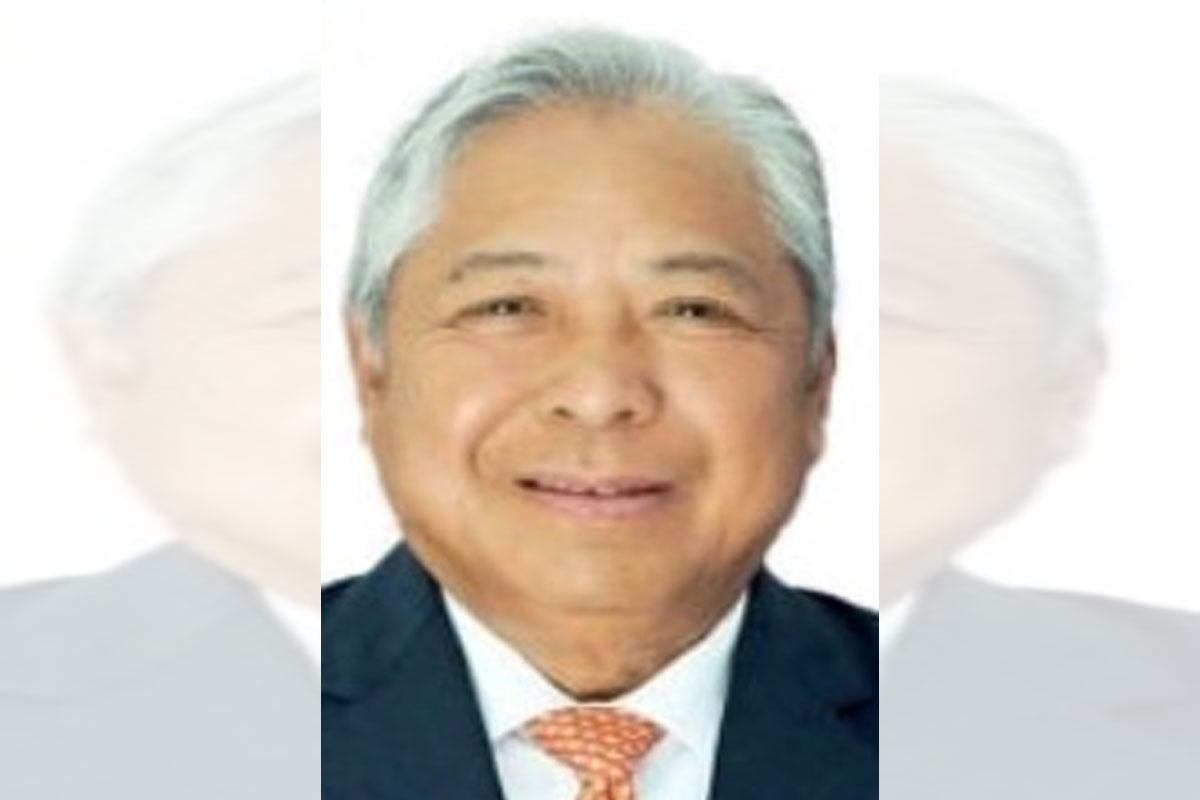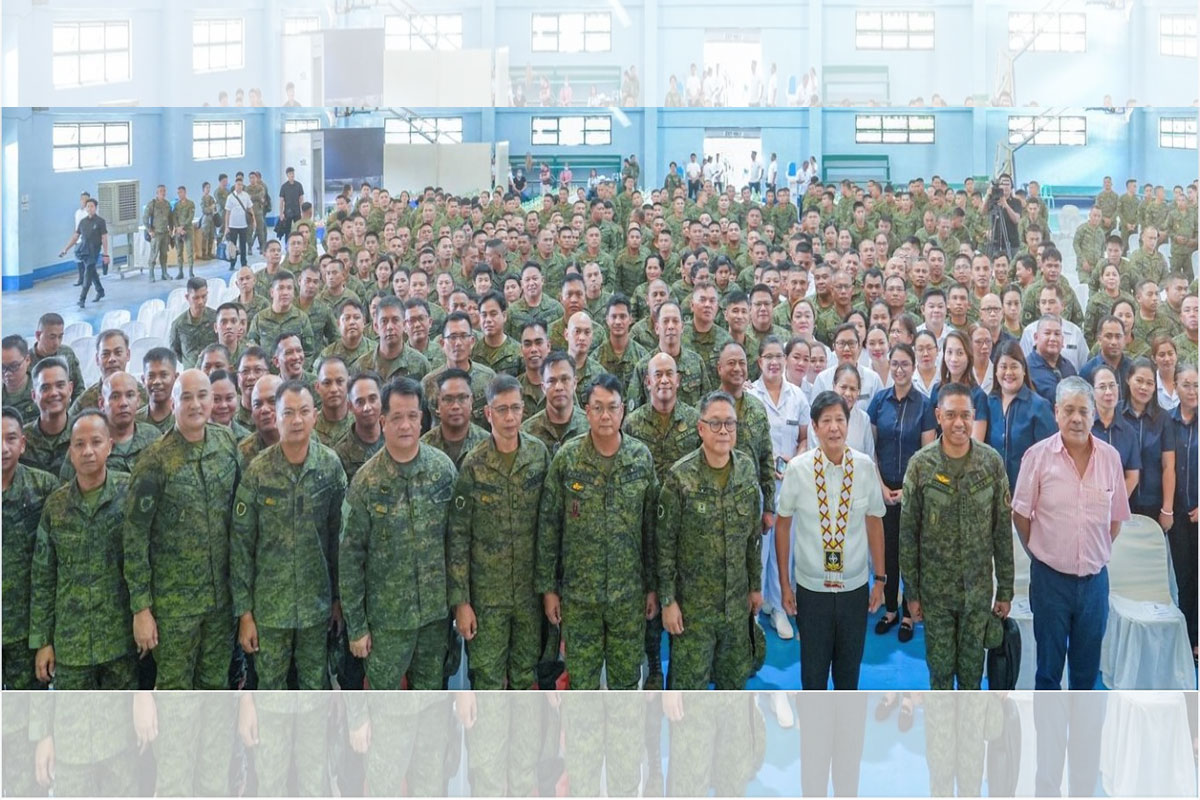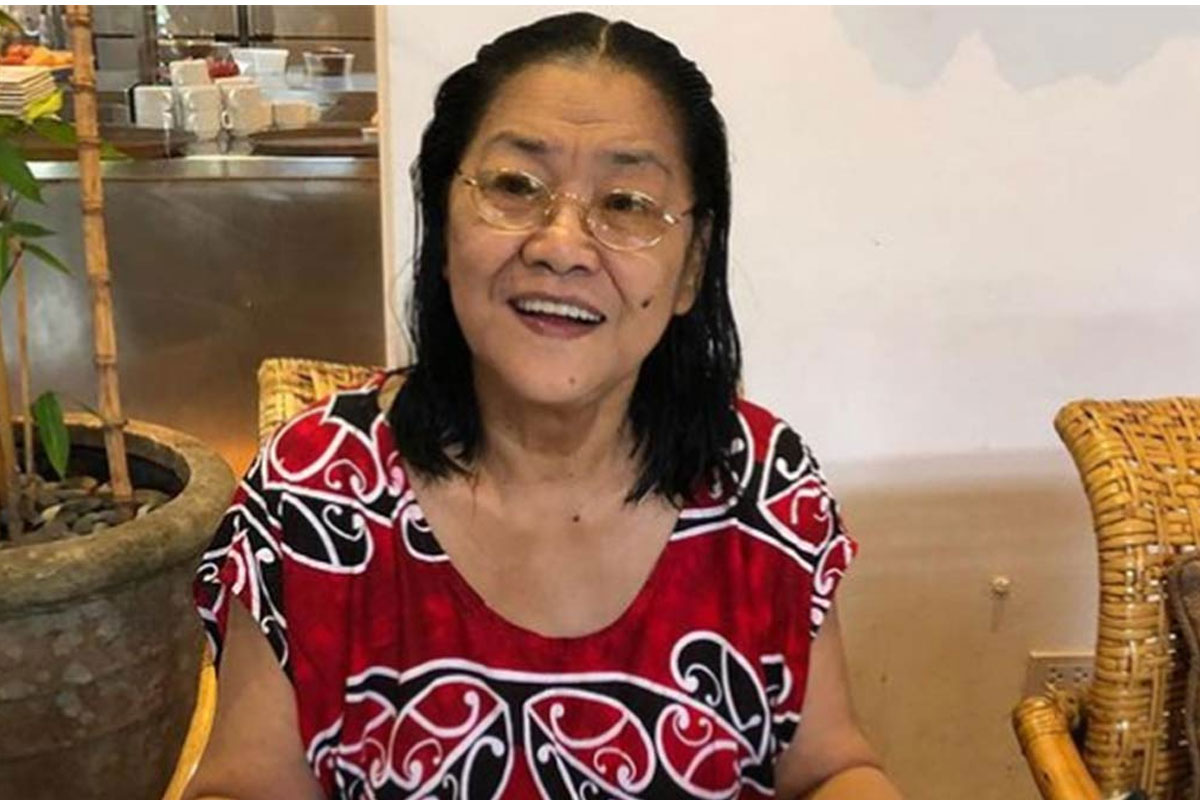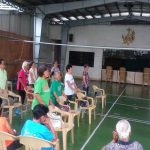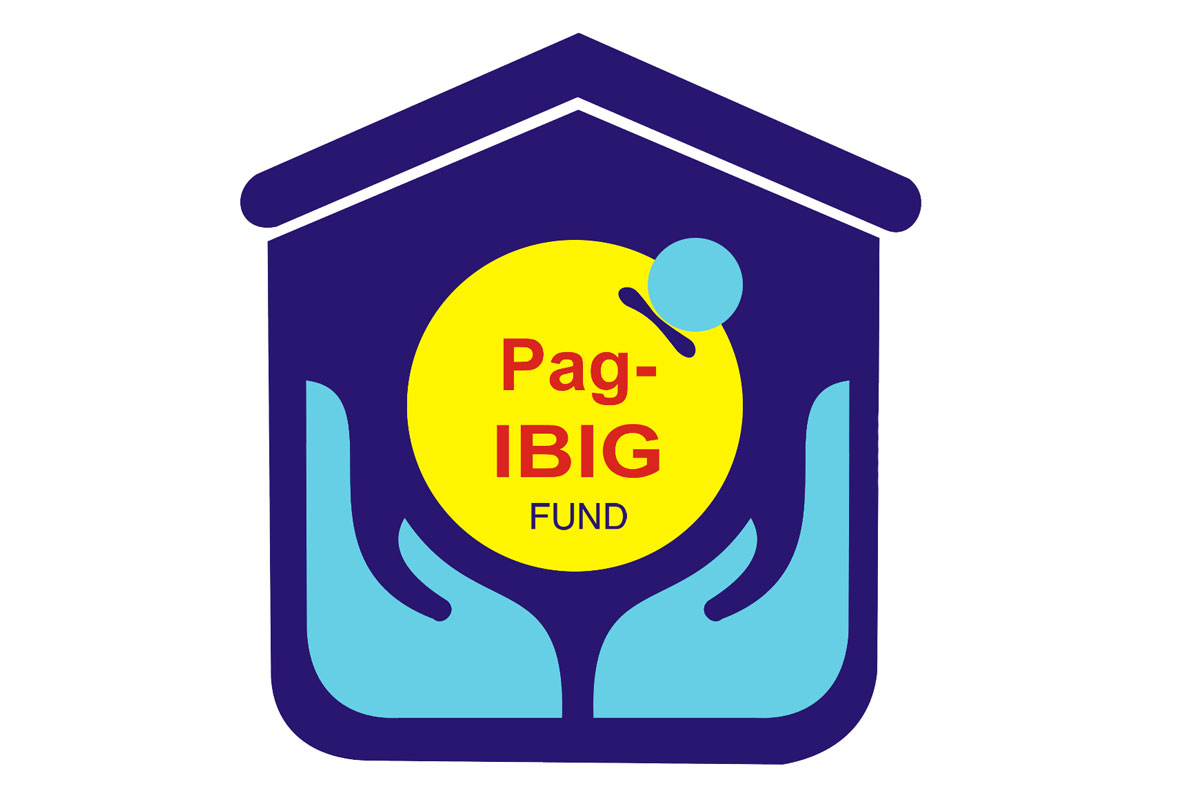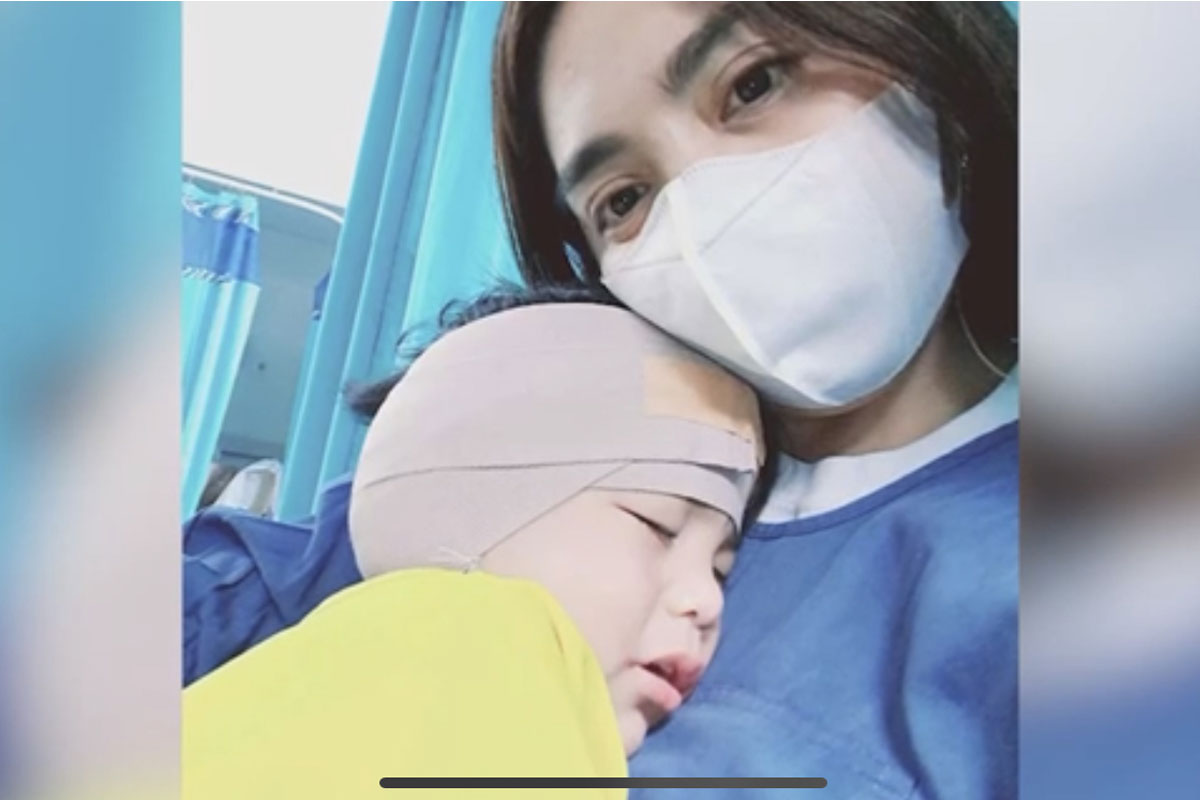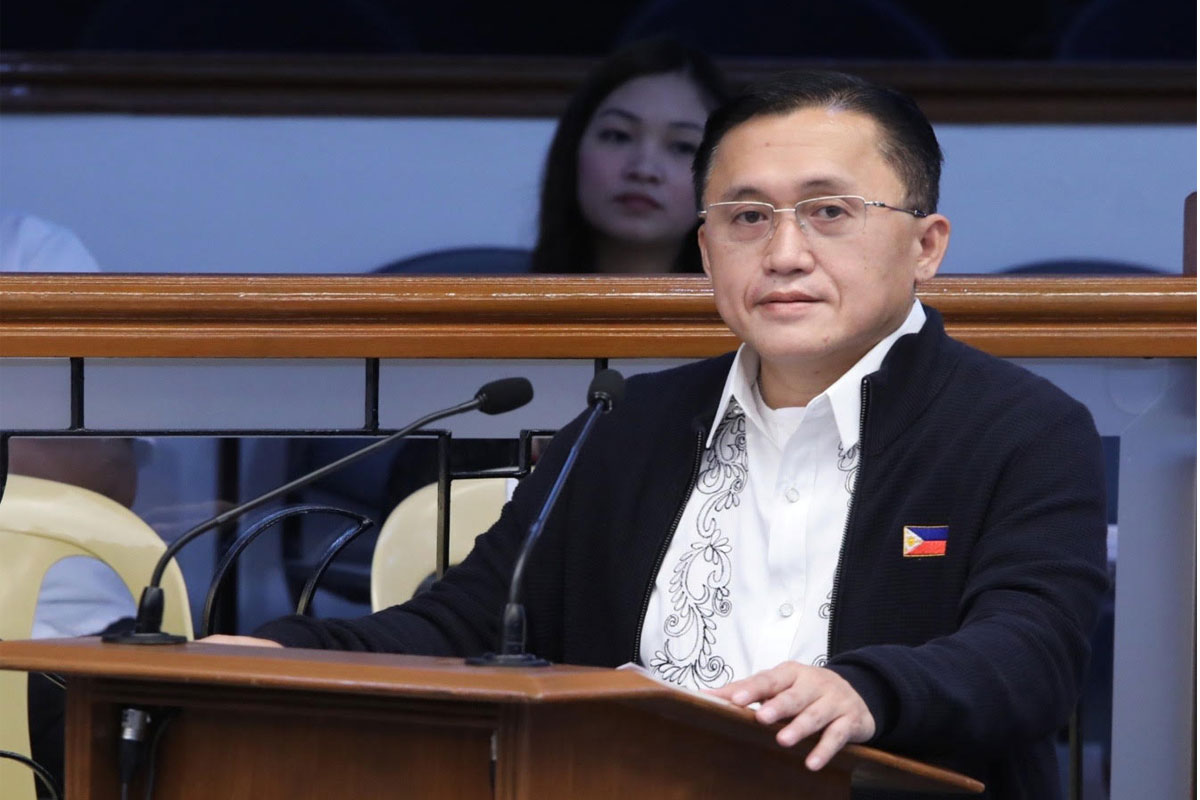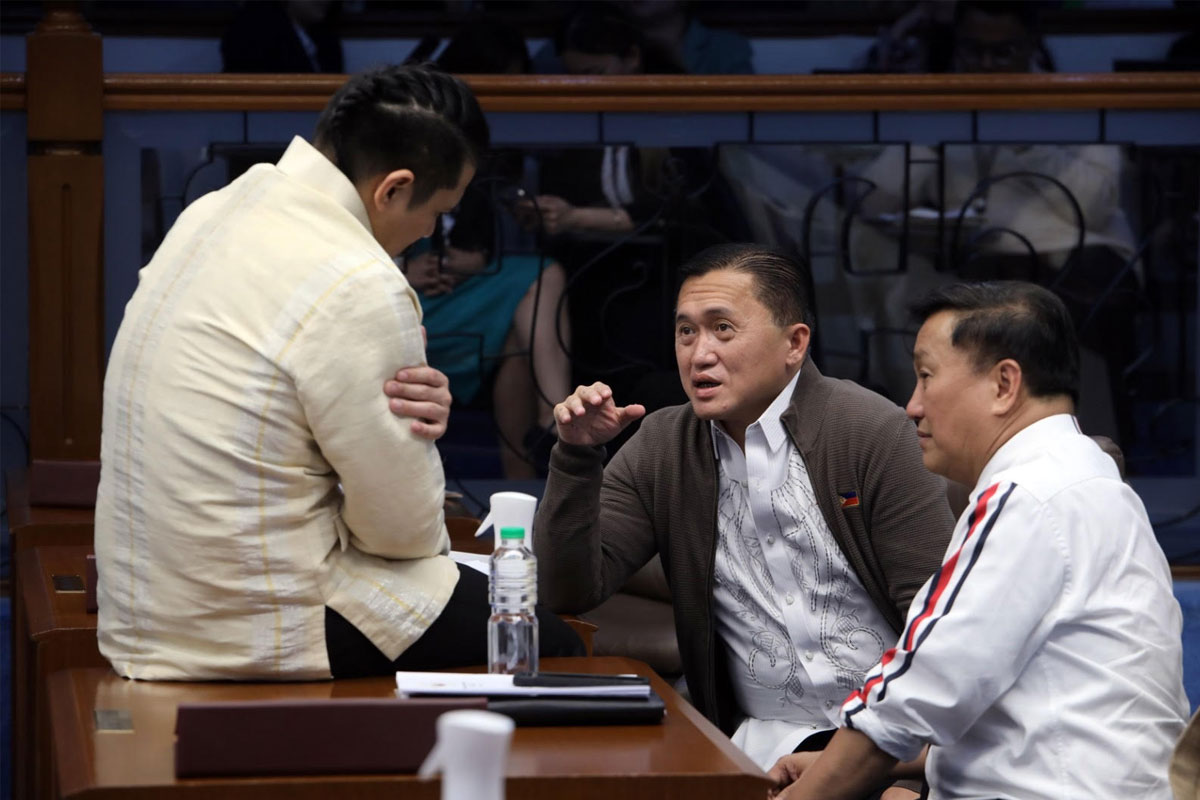
Dialogue urges more protection for children
THE Philippines held a high-level dialogue with the United Nations Special Representative on Violence Against Children (VAC), Dr. Najat Maalla.
Special representatives are independent experts appointed by the UN Secretary-General to mobilize action and political support to achieve progress.
Violence Against Children takes many forms. It can be physical, emotional, or sexual. It happens in all countries and any setting – in a child’s home, community, school and online.
In the Philippines, even before the pandemic, children experienced high prevalence of violence whether at home, in school, workplace, community or during dating, according to the 2015 National Baseline Study on Violence against Children by the Council for the Welfare of Children and UNICEF Philippines.
The COVID-19 pandemic has exacerbated children’s vulnerability to violence and exploitation. Globally, around 1.8 billion children live in the 104 countries where violence prevention and response services have been disrupted due to COVID-19. In the Philippines, the Office of Cybercrime of the DOJ reported a 260% increase in cyber-tips related to online sexual exploitation and abuse of children (OSEAC).
The high-level dialogue, chaired by the Secretary of the Department of Social Welfare and Development Rolando Joselito Bautista, aimed at providing the government an opportunity to present progress on the Philippine Plan of Action to End Violence Against Children 2017-2022 (PPA EVAC), identify challenges in preventing and responding to Violence Against Children, and identifying key actions required to accelerate the implementation of the Plan and build back safer for children during and beyond COVID-19.
Delegates, including children, reflected on how the direct impact of the COVID-19 pandemic and the mitigation measures adopted in response, are placing children in situations of risk and further undermining the achievement of the Sustainable Development Goals (SDGs). Various family stressors such as movement restrictions, loss of income, overcrowding, school closure, and disruption of services have exacerbated mental health risks in both adults and children and increased various forms of violence within the family, such as domestic violence, and child physical and sexual abuse.
On the impact of COVID-19 on children, Dr. Najat highlighted the need for Government to use the recovery from the pandemic as an opportunity to “build back better with and for children.” She stressed the need to “bring together all key stakeholders for increased public expenditure and partnerships on integrated system of services for children, including for physical and mental health, education, child welfare and protection, and justice.”
The dialogue ended with the Government of the Philippines reaffirming its commitments to eliminate violence against children, as reflected in the Convention on the Rights of the Child and key national policies and legislation. The government will prioritize measures to strengthen inter-sectoral coordination, strengthen child protection systems at national and local levels, consolidate data collection and monitoring, reporting and referral mechanisms, and continue expansion of child protection services.
UNICEF, celebrating its 75th anniversary this year, continues to engage various sectors of society, including children themselves, to end Violence Against Children. UNICEF works to end VAC in the Philippines by generating data and evidence to shed light on a “hidden” problem, empowering executive, judicial, and legislative agencies of the government to plan and respond, raising awareness and promoting preventive approaches by improving social norms, and ensuring timely and appropriate response for victims.



